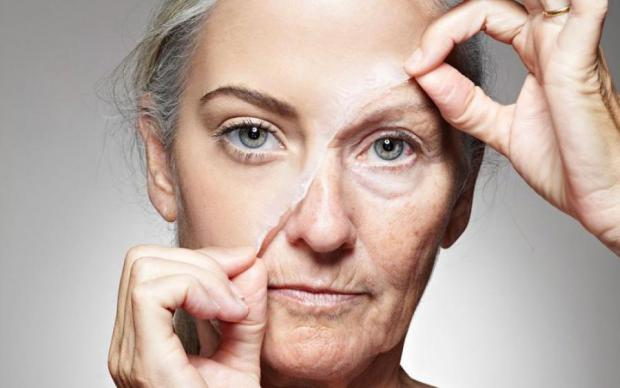
Breaking News
 Powerful Pro-life Ad Set to Air During Super Bowl 'Adoption is an Option' (Video)
Powerful Pro-life Ad Set to Air During Super Bowl 'Adoption is an Option' (Video)
 Even in Winter, the Sun Still Shines in These Citrus Recipes
Even in Winter, the Sun Still Shines in These Citrus Recipes
 Dates: The Ancient Fertility Remedy Modern Medicine Ignores Amid Record Low Birth Rates
Dates: The Ancient Fertility Remedy Modern Medicine Ignores Amid Record Low Birth Rates
 Amazon's $200 Billion Spending Shock Reveals Big Tech's Centralization Crisis
Amazon's $200 Billion Spending Shock Reveals Big Tech's Centralization Crisis
Top Tech News
 SpaceX Authorized to Increase High Speed Internet Download Speeds 5X Through 2026
SpaceX Authorized to Increase High Speed Internet Download Speeds 5X Through 2026
 Space AI is the Key to the Technological Singularity
Space AI is the Key to the Technological Singularity
 Velocitor X-1 eVTOL could be beating the traffic in just a year
Velocitor X-1 eVTOL could be beating the traffic in just a year
 Starlink smasher? China claims world's best high-powered microwave weapon
Starlink smasher? China claims world's best high-powered microwave weapon
 Wood scraps turn 'useless' desert sand into concrete
Wood scraps turn 'useless' desert sand into concrete
 Let's Do a Detailed Review of Zorin -- Is This Good for Ex-Windows Users?
Let's Do a Detailed Review of Zorin -- Is This Good for Ex-Windows Users?
 The World's First Sodium-Ion Battery EV Is A Winter Range Monster
The World's First Sodium-Ion Battery EV Is A Winter Range Monster
 China's CATL 5C Battery Breakthrough will Make Most Combustion Engine Vehicles OBSOLETE
China's CATL 5C Battery Breakthrough will Make Most Combustion Engine Vehicles OBSOLETE
 Study Shows Vaporizing E-Waste Makes it Easy to Recover Precious Metals at 13-Times Lower Costs
Study Shows Vaporizing E-Waste Makes it Easy to Recover Precious Metals at 13-Times Lower Costs
Is THIS the key to turning back the clock? Scientists successfully REVERSE ageing in mice...

In a promising step towards eternal youth, scientists have reversed the ageing process in middle-aged and elderly mice using a cellular 'rejuvenation' technique.
The California-based experts have shown they can partially reset mice cells to 'more youthful states', using four molecules known as the Yamanaka transcription factors.
After injecting these molecules into mice of various ages, the animals' kidneys and skin showed promising signs of rejuvenation, while their skin cells had a greater ability to proliferate and were less likely to form permanent scars.
Researchers say their 'safe' treatment could one day help humans wind back their biological clock, lowering risks of cardiovascular disease and cancer.
According to the findings, a treatment period of seven to 10 months may be required to stave off the unwanted side effects of ageing.
'The technique is both safe and effective in mice,' said Juan Carlos Izpisua Belmonte, co-corresponding author and a professor at the Salk Institute, San Diego, California.
'We are elated that we can use this approach across the life span to slow down ageing in normal animals.
'In addition to tackling age-related diseases, this approach may provide the biomedical community with a new tool to restore tissue and organismal health by improving cell function and resilience in different disease situations, such as neurodegenerative diseases.'

 Smart dust technology...
Smart dust technology...

